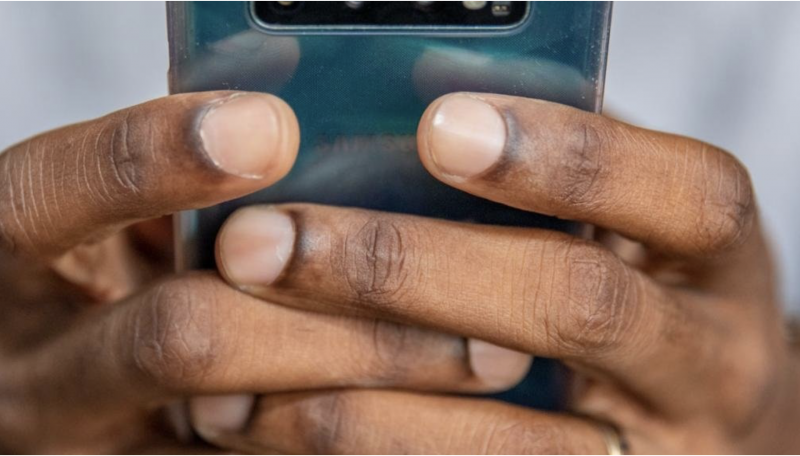
Fighting misinformation in the time of COVID-19, one click at a time
May 3, 2021
The United Kingdom and WHO collaborate to manage the infodemic
Acting on the wrong information can kill. In the first 3 months of 2020, nearly 6 000 people around the globe were hospitalized because of coronavirus misinformation, recent research suggests. During this period, researchers say at least 800 people may have died due to misinformation related to COVID-19*.
At its extreme, death can be the tragic outcome of what the World Health Organization has termed the infodemic, an overabundance of information — some accurate, some not — that spreads alongside a disease outbreak. False information runs the gamut, from discrediting the threat of COVID-19 to conspiracy theories that vaccines could alter human DNA.
Though they aren’t new, in our digital age infodemics spread like wildfire. They create a breeding ground for uncertainty. Uncertainty in turn fuels skepticism and distrust, which is the perfect environment for fear, anxiety, finger-pointing, stigma, violent aggression and dismissal of proven public health measures — which can lead to loss of life.
To try to control the COVID-19 infodemic, WHO has teamed up with the United Kingdom Government to create and distribute content to combat the spread of misinformation through a series of communication campaigns. This was one of several initiatives to combat misinformation taken by WHO on its own and with partners since the start of the COVID-19 outbreak.
Stop the Spread
‘Stop the Spread’ rolled out on BBC World television, website and apps during May and June 2020. It aimed to raise the public’s awareness of the volume of misinformation around COVID-19 and encourage people to double check information, therefore limiting the damage and spread of false information.
‘Reporting Misinformation’, launched in August, galvanized people to not only verify information but showed them how to report misinformation to various social media platforms.
Alex Aiken, Executive Director of UK Government Communications, said, "The UK and the World Health Organization have a long history of collaboration. As the pandemic hit globally and the world sought collective action on the additional threat from the infodemic, our partnership was made even stronger.”
“We are incredibly proud of the joint communications work we have done to strengthen global health security and vaccine confidence. The issue of infodemics is of enormous importance and the UK will be leading a global response under our G7 Presidency this year," he added.
The Reporting Misinformation campaign reached millions of people globally and social media messages were shared in 5 international languages including English, French, Spanish, Arabic and Russian. At its launch it became the second most viewed COVID-19 related page on the WHO website.